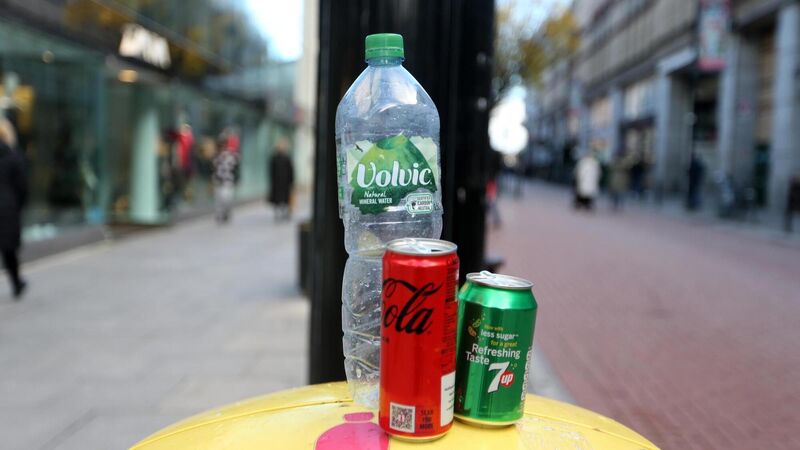Letters to the Editor: Tackling the ongoing shortage of social workers

'If everybody were to squash the container before binning it then each bin could take considerably more litter.' Pictue: Sasko Lazarov/RollingNews.ie
Fergus Finlay wrote last week about the lack of social workers in Ireland. His comments follow the much-publicised interview of three members of the judiciary, and what Finlay describes as their “frustration and anxiety” expressed in the resulting “page-long cry from the heart” in a national newspaper recently.
Mr Finlay is correct in his summary of the core of the problem, stating: “It starts with one simple, commonplace fact. We’re not creating enough [social workers]” and “until that’s recognised, and fixed, there’ll always be a crisis”. Around 250 social workers graduate in Ireland every year. Ireland needs to be producing at least double that number.








